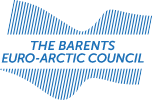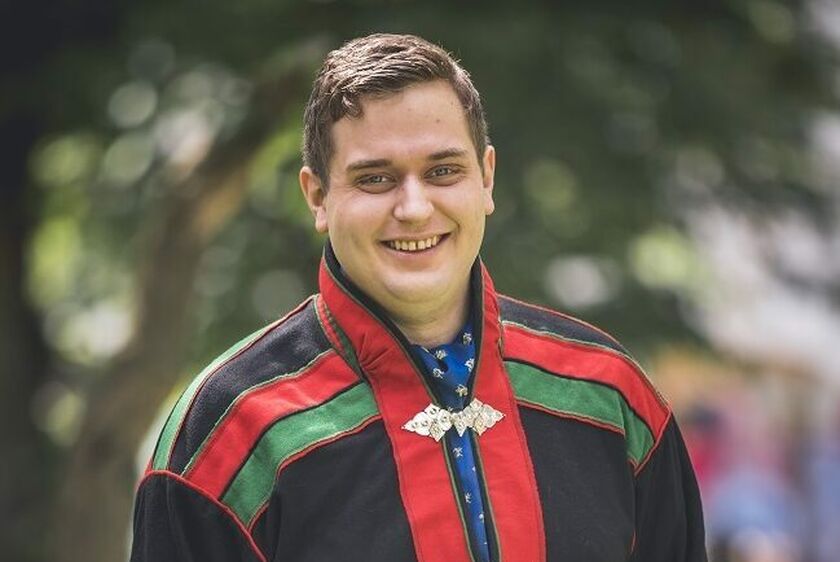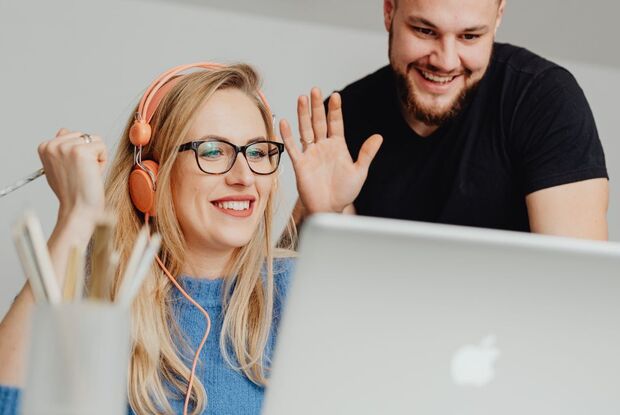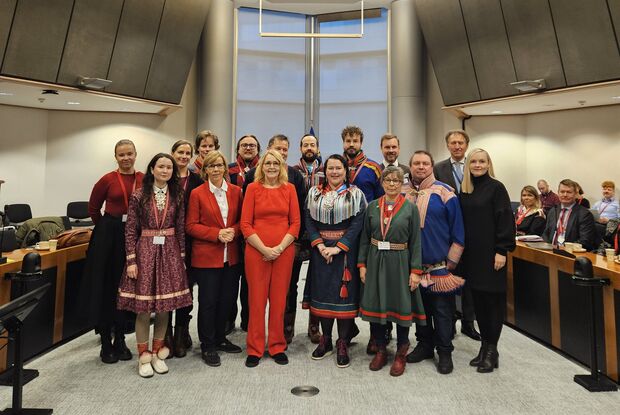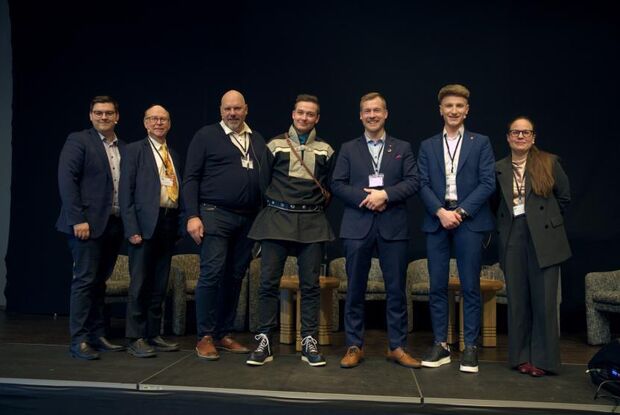Strong lines of communication
When I think of the Barents Region I first think about the excellent people-to-people cooperation that we have managed to create through this cooperation forum. This is something you can see all year around at festivals and also in the media. My grandmother is from Girkonjárga (Kirkenes), and I remember this city from my visits to her. The city is located close to the borders of both Finland and Russia and is central to the activity happening in the region.
I have been a regular visitor to the annual Riddu Riddu international Indigenous festival in Gáivuotna (Kåfjord) municipality. There are always Indigenous participants from the Russian side, especially in the youth program. I once took part myself in the festival youth program What’s up North with Indigenous youth participants from all over from the circumpolar area - from Russia, Greenland, Canada, Norway, Sweden and Finland. The interesting thing about this large gathering of young people speaking distinctly different languages is that we were able to communicate as Indigenous peoples either through our similar cultural experiences or even just using our hands.
Indigenous peoples are an essential part of the Barents Cooperation. The contacts between them were very limited until the fall of the Soviet Union. However, since then, we have been able to gradually establish very good cooperation. This is largely through mechanisms such as the Barents Cooperation, as well as the Arctic Council and the Sámi Council. These platforms are very important for Indigenous Peoples to meet and have a dialogue with each other, but also with the governments of the countries where we live in.
The Covid-19 pandemic has had a huge impact on the Barents Cooperation and the region. In time of crisis countries tend to turn their focus inwards at expense of focus on the outside world. I believe that the Barents Cooperation has been a mechanism that has ensured continued dialogue in the North during this time. Through the Barents Cooperation, we have been able to secure health-related knowledge and been able to coordinate some of the issues concerning the pandemic.
Concerning the North and the Indigenous Peoples, we have had a troubled history with the various assimilation policies that have been carried out. We are now slowly but surely restructuring and building our societies, languages and institutions. I hope that Indigenous people will collaborate even closer in the future and that we will be able to build a stable foundation for Indigenous futures together - even if it will take some time.
Speaking up in the Barents Cooperation
Indigenous Peoples have a role in the Barents Council very similar to the mechanism of permanent participation in the Arctic Council. The unique thing about the Barents Cooperation is that the Indigenous representatives must often represent all Indigenous peoples across the Barents region. This means that you have a lot greater responsibility to become familiar with the situations of the Indigenous peoples in all regions, not just your own. I feel that we are very well received in for example the Committee of Senior Officials, and that we are given the space talk about the issues that are important to us.
The first Barents Indigenous Peoples Summit was an initiative by the Russian Federation’s representatives in the Committee of Senior Officials and it has been an enormous success. Indigenous people in the Barents Region still discuss the first summit that took place in 2017 in Moscow; it was certainly an event that many people remain impressed with today.
When it comes to the results of the most recent Summit held digitally in June, the Working Group wanted to put emphasis on the importance of Indigenous languages. A couple of years ago we had the International Year of Indigenous People’s languages in which Norway and the Russia participated as state partners. These languages are threatened, and we need actions to increase the numbers of speakers.
We have now developed a vision for the upcoming International Decade of Indigenous Languages that all the Barents countries will do as Norway and the Russian Federation and will participate as governmental partners. The synergy of this would be empowering for the status and use of our languages in the Barents Region. This would also provide a shared platform for us to discuss our own experiences. Even though the summit was digital this time, it was very successful summit.
Effecting long-term change
We have a long-term plan of engaging Indigenous Peoples more in the work of the Barents Regional Youth Council and its Board. We were planning to host a side event with a concert at the United Nations in New York in 2020 to highlight Indigenous artists and to also talk about Barents Cooperation both with the States and with the Indigenous Peoples a part of our region. This is something we have wanted to do for a long time, but has unfortunately been postponed because of the pandemic.
Some years ago, the WGIP implemented the Indegee project (2010-2014). This project focused on enhancing the capacity of entrepreneurship in Indigenous communities across the Barents region. It included trips, among others, to Archangelsk, along with workshops and help from professionals to develop entrepreneurship in indigenous people’s areas. It was a large-scale project in a time when we had a very good capacity in the Working Group in terms of both the Indigenous advisers and the good people working with the projects. It is absolutely a success story from the Barents Cooperation, when we were able to gather partner organizations from all the countries that helped us carrying through this project. Such a project is absolutely something we should try to implement in the future.
I know that the Barents Financial Mechanism is something that has been developed through the years and something that we have finally been able to achieve in the Barents Cooperation. We are soon approaching another period in the Barents Cooperation with Finland taking over the Chairmanship. We aim for the Chairmanship in the Working Group of Indigenous Peoples to follow the national BEAC Chairmanship; the Finnish representatives in the Working Groups will therefore be taking over the leadership soon. At the same time, we are going to draft a new action plan for the next period, and we will absolutely be looking into the possibilities that the Barents Financial Mechanism can provide for the benefit of Indigenous interests.
